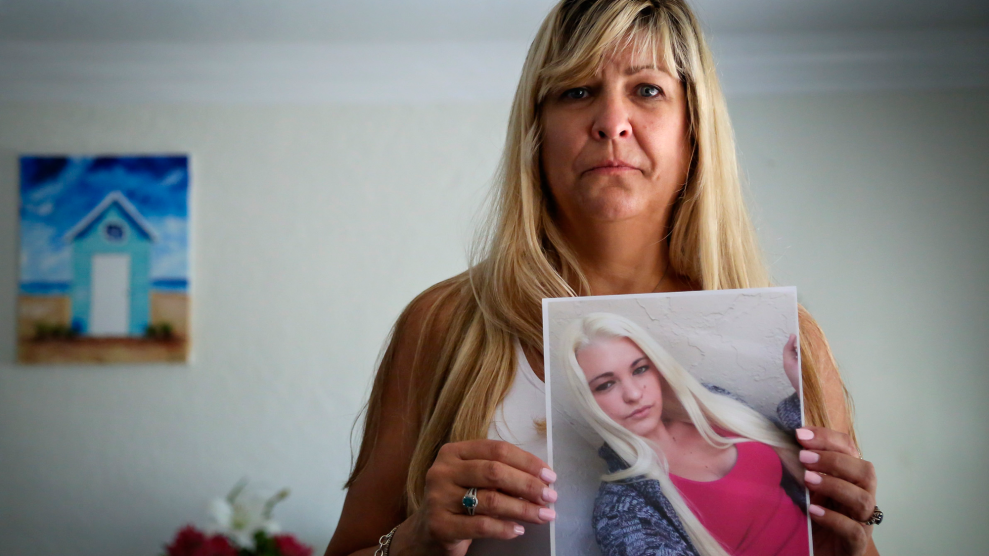
<a href="http://www.istockphoto.com/photo/desayuno-gm515964206-88753463?st=_p_doughnut">NoelUroz</a>/iStock
In the late ’90s, sales reps from pharmaceutical giant Abbott Laboratories faced a conundrum: They wanted to sell the recently introduced painkiller OxyContin to an orthopedic surgeon, but the usual sales tactics weren’t working. They visited the office a couple times, but got the cold shoulder. They pitched him on the drug over lunch‚ but he didn’t seem interested.
According to an investigation by health news site STAT, when the sales reps learned the doctor had a weakness for sweets, they came up with a new plan: deliver a box of with doughnuts and other treats carefully arranged to spell out the word “OxyContin.” The surprise gift won over the doctor, who began prescribing OxyContin. “We are pleased that we have such a sweet start in developing a relationship with this ‘no-see’ physician,” the sales reps later wrote, “and we’re looking forward to sweet success with OxyContin!”
The anecdote, which comes from the internal Abbott bulletin above, is part of a trove of recently unsealed court documents detailed in the STAT investigation. As the story explains, after Purdue Pharma introduced OxyContin in 1996, the company embarked on a massive sales campaign to convince doctors and patients alike on the benefits of treating pain with opioids. Since then, the opioid overdose rate has soared; many experts trace the origins of the epidemic back to Purdue Pharma’s campaign. In 2007, the company and its executives paid a $600 million fine for misleading patients, doctors, and policymakers about the drug’s addictive effects.
But the STAT investigation shows that Purdue was far from alone: Abbott Laboratories had signed on to a partnership with Purdue to promote OxyConton through a series of aggressive, often questionable sales tactics. Under the terms of the partnership, which started in 1996, at least 300 Abbott sales reps launched what they called a “crusade” to sell OxyContin. In return, Abbott received up to 30 percent of net sales. Critically, the deal specified that Abbott would be indemnified from legal costs involved in selling the drug—a move that would later save Abbott millions of dollars and lots of bad press. By 2006, Purdue Pharma claimed $400 in legal fees involving OxyContin. Meanwhile, Abbott had made $374 million in OxyContin commissions by 2002.
In the “crusade” to sell OxyContin, Abbott sales reps were referred to as “crusaders” and “knights” and sales director Jerry Eichorn was called the “King of Pain.” (Eichorn, who signed memos as “King,” is now the national director of sales for Abbott spinoff AbbVie, which sells Vicodin.) Sales reps were instructed to highlight how the drug has “less abuse/addiction potential” than other painkillers; similar statements would later cost Purdue millions of dollars.
The court documents detailed all sorts of questionable sales strategies: Sales reps paid for take-out lunch at restaurants the doctors liked, giving their pitch in the few minutes it took to pick up the food—a move called the “Dine and Dash.” They gave surgeons bookstore coupons, and pitched the drug while waiting to pay. Top-performing reps—like the doughnut arrangers—were rewarded with prizes, from travel coupons to lottery tickets.
As the internal Abbott bulletin would put it: “All hail the Knights of the Round Table in the Royal Court of OxyContin!”














